Step aboard a boat in New York City to get across the Atlantic? You’ve got to be kidding! Who would ever do that? Well, that’s exactly what our family of four did to get to France in 1958! It was the first leg on our way to Africa. My wife, Orpha, and I had been married only three years earlier and we felt called of God to go serve Him in Africa. We had no idea how long. In those days it was generally taken for granted when you answered God’s call for missionary service, it was a life commitment. As things turned out, we were overseas missionaries for 40 years.
A good wife is absolutely indispensable for any long-term missionary career.
We first served in the mountains of northern Cameroun. It was leopard country. Orpha had taken training at a nursing school in Minneapolis, Minnesota. In Cameroun, one of her first patients was a man who had been mauled by a leopard. Orpha had no training for treating such cases! But after a month of persistent care, the man’s huge sore was healed.
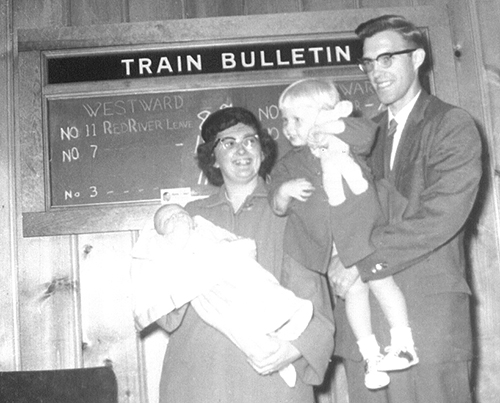
Don and Orpha leaving for Africa
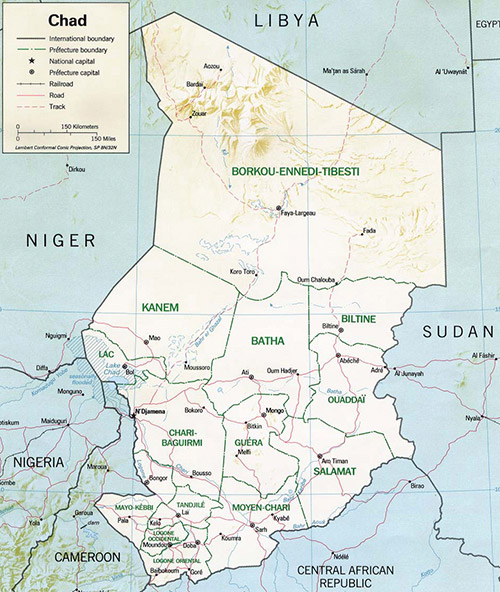
Map of Chad
After five months of language learning in the mountains, we were moved to the country of Chad. We stayed in one village there for nearly 30 years. Literacy, Bible translation, and writing and teaching Bible studies for thousands of new converts were the tasks thrust upon us. We enjoyed this work immensely. Then we transferred to an entirely different work, living for the next 10 years in an area not far from the Sahara Desert. Our task there was mainly that of bringing the story of Jesus to the Muslims who were the dominant people of that area.
Being immersed in a culture very different from that of North America, I gained some valuable insights. I learned that there are other ways of looking at things. We from the West tend to look at time in a different way. The Africans I have worked with tended to believe that building relationships with people is very important. More important than finishing a task on time.
Africans tend to depend on each other more than we do in America. In America, people like to do their own thing independent of others. Group loyalty was a strong characteristic among the people we worked with. It seemed like there were far fewer lonely people in a culture like that. When we lived among these people, especially while living in the Muslim village, we were treated as though we were part of the village. We belonged to them, even though our faiths were so different. They felt responsibility for helping us out. One time our son’s bicycle was stolen and the village chief went into high gear to try and find the culprit quickly. The bicycle was found and as it turned out, the thief was not from our village but from a neighboring tribe and I was glad for that.
In one of the villages we lived in, there was an expensive steel ladder that circulated among the villagers. Anyone who needed a ladder like that could use it for as long as he or she needed it. We never discovered the owner! It seemed to belong to the village. Being part of the village ourselves, we were expected to let others use whatever they needed of ours for as long as they needed it. That was not always easy for us to accept. Yet, it exposed the miserly tendencies we had and we saw how sharing with others was a virtue that made it easier for Muslims to accept our Christian message.
We also learned that we didn’t have to wait for invitations from our neighbors before visiting them. We were always welcome to drop in at any time and were shown genuine hospitality whenever we did. It was not always easy for us, especially for my wife, to exercise this nonchalant idea of hospitality. We needed to have the makings for a cup of tea handy at all times. Not a problem to our neighbors but more so to us.
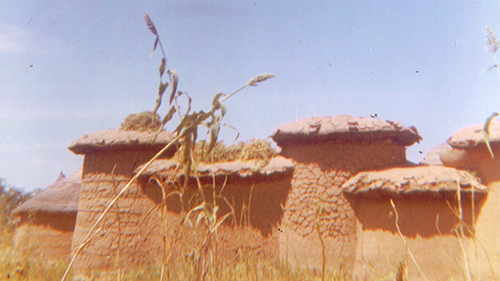
Huts in Africa
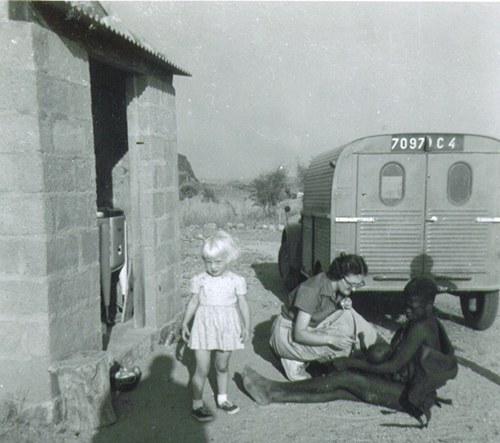
Orpha helping the baby
The greatest lesson I learned from my time as a missionary was the importance of having the right wife at my side. My wife was born and reared on a Minnesota farm. She knew the value of hard work. She had a great sense of humor that carried us through the tough times. And she herself was tough and courageous. There was one time she showed that in a very striking way.

King Cobra
We belonged to them even though our faiths were so different.
We had a small shed where we stored our various kinds of fuel. One day after entering that shed, I saw an ugly looking king cobra lurking behind one of those jerry cans of fuel. One doesn’t ordinarily challenge a cobra, one of the most dangerous snakes on earth. If they manage to get their poisonous fangs into your body, you can die in seconds. I may have thrown caution to the winds that day, but I was determined to kill that creature or I would never be able to store my fuel in that shed again, knowing I could encounter that cobra.
I immediately yelled to my wife to bring me the long-handled spade with the squared-off tip we kept for killing snakes. She came running and entered the fray with me. I used the long-handled square-tipped spade in an effort to slam it down hard just below the cobra’s head; Orpha wielded a sturdy club to beat that head to a pulp. Back and forth went the fight. The cobra got away from us a time or two and became more and more aggressive. Finally, I managed to pin the cobra down so it wouldn’t get away again and Orpha started beating the cobra’s head. She succeeded in killing it and we dragged the big snake out of the shed and laid it down on our property where villagers could see it. It measured a couple inches short of seven feet long. We were scolded by the villagers. They would never attempt to kill a cobra of that size.
My wife, the cobra killer, was loved by the villagers. She often helped the Muslim mothers with their babies. Often she placed salve into the babies’ eyes and their eye diseases would go away. Other times she saved the lives of malnourished infants. She was the one who paved the way for my evangelistic efforts. She supported me in so many ways! A good wife is absolutely indispensable for any long-term missionary career. I learned many other lessons during our 40 years of work in Chad, but this was the greatest lesson of all!
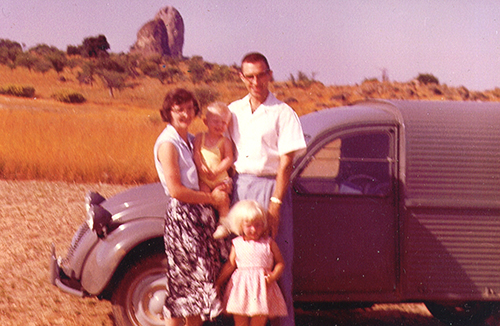
The Raun family
Want more info?
- Email the author.
- Like this article? Share it using the social media buttons below.
- Want a print copy? Click the printer icon below.
- And please rate the article!
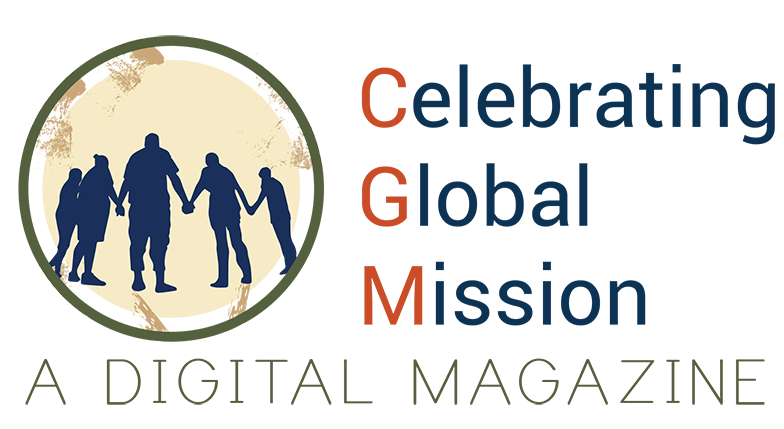




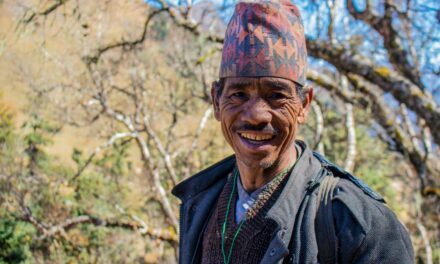

My husband and I enjoyed the story of Don and Orpha and their adventurous life doing mission work in Chad. What courage they had and the lessons learned about socially interact ing are a good example for us as Christians.today.